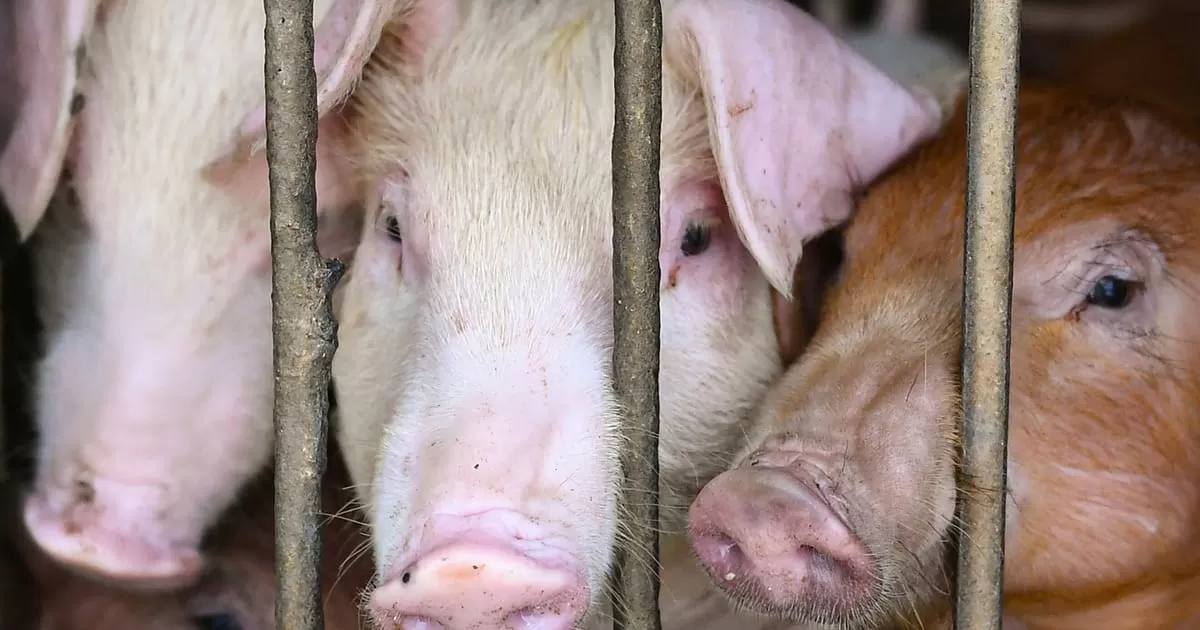In an effort to improve food safety and prevent the illegal trade of meat, a new off-site inspection system has been proposed by health officials. However, concerns have been raised about the potential for this system to create an “open door” for meat smugglers.
The new system involves conducting inspections of meat processing plants at off-site locations, rather than on the premises of the plants themselves. This would allow for a more thorough and efficient inspection process, as inspectors would have access to a wider range of equipment and resources.
According to health officials, this new system would greatly improve food safety by ensuring that all meat products meet the necessary standards before reaching consumers. It would also help to prevent the illegal trade of meat, which can pose serious health risks to consumers.
However, some lawmakers have expressed concerns about the potential for this system to be exploited by meat smugglers. By conducting inspections off-site, there is a fear that smugglers may find ways to bypass the system and continue their illegal activities.
In response to these concerns, health officials have reassured lawmakers that the new off-site inspection system will be closely monitored and regulated. They have also stated that measures will be put in place to prevent any potential loopholes from being exploited by smugglers.
Furthermore, the off-site inspections will be carried out by highly trained and experienced inspectors, who will be equipped with the latest technology and tools to detect any attempts at smuggling. They will also work closely with law enforcement agencies to ensure that any illegal activities are immediately reported and dealt with.
The benefits of the new off-site inspection system far outweigh the concerns raised by lawmakers. For starters, it will significantly improve food safety by allowing inspectors to thoroughly examine meat products in a controlled environment, without any pressure from plant owners.
Additionally, this system will also save time and resources by streamlining the inspection process. Inspectors will be able to cover more plants in a shorter amount of time, allowing for a more efficient and effective monitoring of the meat industry.
Moreover, the off-site inspections will also help to reduce the burden on small meat processing plants. These plants often struggle to meet the strict on-site inspection requirements, which can be costly and time-consuming. With the new system, they will have the opportunity to be inspected at an off-site location, making it easier for them to comply with regulations and ensure food safety.
The implementation of the off-site inspection system is a step in the right direction towards improving food safety and preventing the illegal trade of meat. It is a proactive and innovative approach that addresses the shortcomings of the current on-site inspection system.
It is also important to note that this new system will not only benefit consumers, but also the meat industry itself. By ensuring that all meat products meet the necessary standards, the industry can build trust and confidence among consumers. This, in turn, will lead to increased demand for their products and boost their reputation.
In conclusion, the proposed off-site inspection system may have some initial concerns, but it is a necessary step towards ensuring food safety and preventing the illegal trade of meat. It is a collaborative effort between health officials, law enforcement agencies, and the meat industry to protect consumers and promote the growth of the industry. With proper regulation and monitoring, this system will prove to be an “open door” for the improvement of food safety, rather than for meat smugglers.

